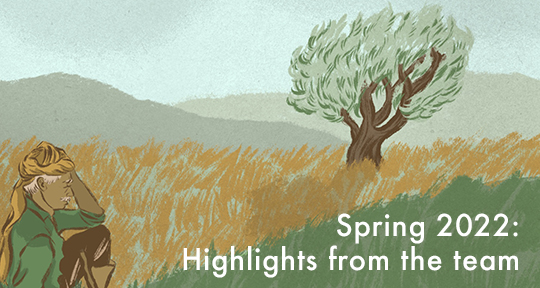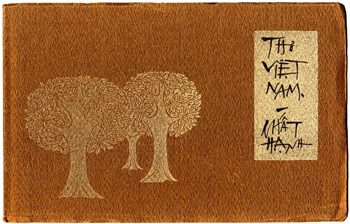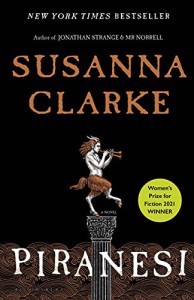In this week’s dispatches, Bulgarian readers brave the winter for an event highlighting environmental literature, Sweden commemorates the beloved children’s book author, Astrid Lindgren, and Italy celebrates what would have been Umberto Eco’s 90th birthday with a new publication. Read on to find out more!
Andriana Hamas, Editor-at-Large, reporting from Bulgaria
Believe it or not—it is already February, and despite the cold weather in Bulgaria, various cultural events are popping up here and there. With an ever-increasing focus on climate change and the dire consequences we are already facing, different local artists are attempting to highlight the need for conscious, collective action.
One of the strategies employed to combat phenomena such as global warming constitutes the recycling of different materials. Interestingly enough, the whole concept also happens to be at the heart of literary critic and professor of literary theory Amelia Licheva’s latest poetry collection, The Need for Recycling, which considers the act through the prism of creative impulses and intuitive journeys through one’s feelings and experiences. The book, officially published by Lexicon Publishing House on Christmas Eve, 2021, also contains illustrations by the painter Veselin Pramatarov. In an interview for the Bulgarian National Radio, Licheva revealed that the title could be interpreted as “the search for lost meaning.” She is fully aware that the formula is far from light, but insists that the initial shock—bound to rock the reader’s inner world—is in fact a sought-after provocation of sorts.
The launch of the book, which took place not long ago at Sofia City Library, was attended by over fifty people eager to hear the poetess’s newest verses. The lively discussion was hosted by the prominent writer Georgi Gospodinov (whose works have previously appeared in Asymptote) and translator Daria Karapetkova, with the actress Snezhina Petrova was in charge of recitation. After the long-anticipated premiere, the author used her social media profile to extend her gratitude to “all of my colleagues, friends, and students who attended the debut of my poetry collection. Thank you for the solidarity and for the unique privilege to be able to feel like a part of a meaningful community.”
Eva Wissting, Editor-at-Large, reporting from Sweden
A week ago today, on January 28, Sweden commemorated twenty years since the country’s most internationally known writer, Astrid Lindgren, passed away at the age of ninety-four. The creator of strong, ingenious, and unforgettable children’s book characters like Pippi Longstocking, Karlsson on the Roof, Ronja the Robber’s Daughter, and Lotta on Troublemaker Street, Lindgren has enthralled and inspired readers around the world for generations. Her books have been translated into 107 languages, including numerous translations into English by Joan Tate—who also has translated other significant Swedish writers like Ingmar Bergman, Kerstin Ekman, and P.C. Jersild. Lindgren has been awarded both national and international literary awards, as well as received honorary degrees from Linköping University in Sweden, the University of Leicester in the UK, and the University of Warsaw in Poland. On the year of her passing, the Swedish government instituted the Astrid Lindgren Memorial Award (ALMA), which awards a writer, illustrator, or promoter of reading in March every year. During her lifetime, Lindgren not only wrote for and about children, but she was also an activist for children’s rights––which is why the Astrid Lindgren estate today, together with Save the Children, continues to work on the Pippi of Today campaign for refugee girls. READ MORE…









